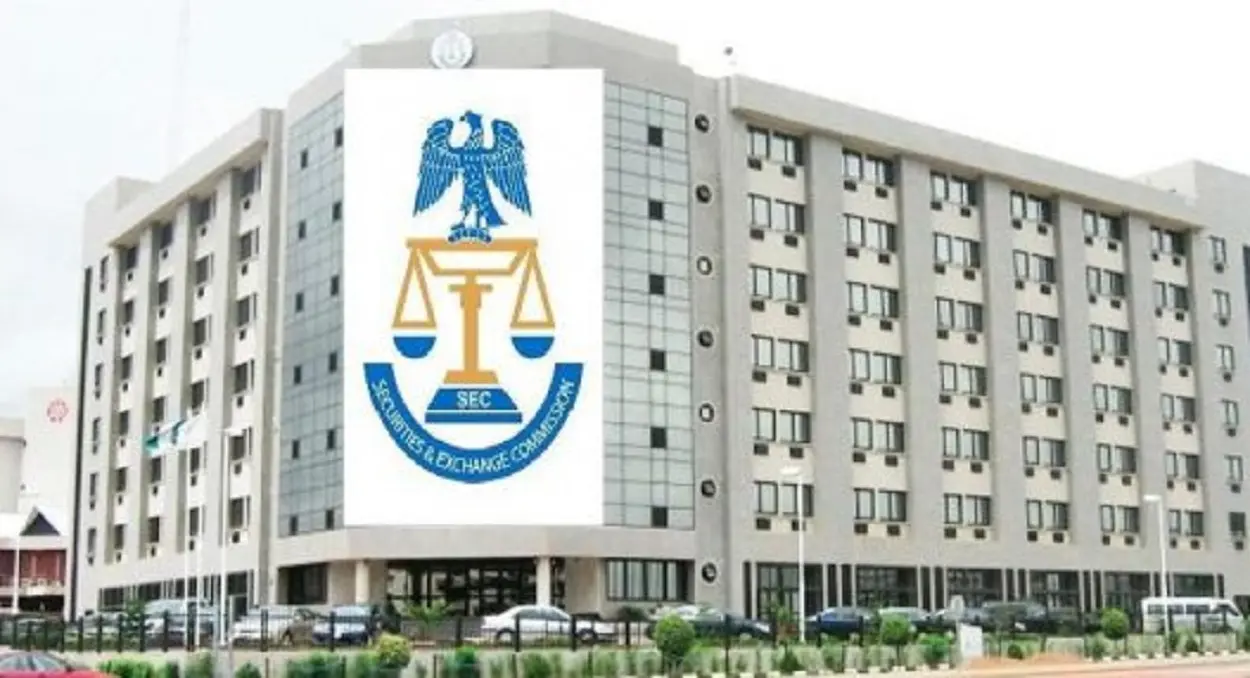Nigerian shippers have blamed the high cost of clearing and the fluctuating exchange rate for cargo clearance for the rising inventory among manufacturers.
The shippers spoke on Wednesday in Lagos at the inaugural press conference of the National Shippers Association of Nigeria.
Shippers are importers, exporters, manufacturers, and owners of cargo which they export or import into the country.
Commenting, the President-General of NSAN, Innocent Akuvue, decried the protracted exchange rate crisis and how it had affected members of the association and manufacturers, according to The Punch.
He also pointed out that some policies were implemented by the government without c due consultation with stakeholders.
He said “There is also a complex nature and inconsistencies in the process of clearing plus the rising cost of doing business at the ports. Our roads and other infrastructure including logistics of goods from the ports have been a challenge.”
Meanwhile, the Secretary-General of NSAN, Ijeoma Ezeasor, who is also a Director at Cutix Plc, a cable manufacturing company, lamented that manufacturers’ warehouses were filled as Nigerians could not afford to buy their products.
“Some of the goods we ordered for and paid for since the era of COVID-19, which were disrupted then, are still coming back now and we are faced with the challenges of clearing rate,” she noted.
Also, a Chieftain of the association, The President of vj the Association, Jonathan Nicol, had said that the purpose of setting up a Presidential Enabling Business Environment Council during the previous administration had been defeated.
In July 2016, former President Muhammadu Buhari established PEBEC to remove bureaucratic obstacles to doing business in Nigeria, making the country a more conducive place where businesses can thrive.
The council was an inter-governmental and inter-ministerial body chaired by the then Vice President Yemi Osinbajo and comprised 10 ministers, the Head of Civil Service of the Federation, the Governor of the Central Bank of Nigeria, representatives from Lagos and Kano State governments, the National Assembly and the private sector.









